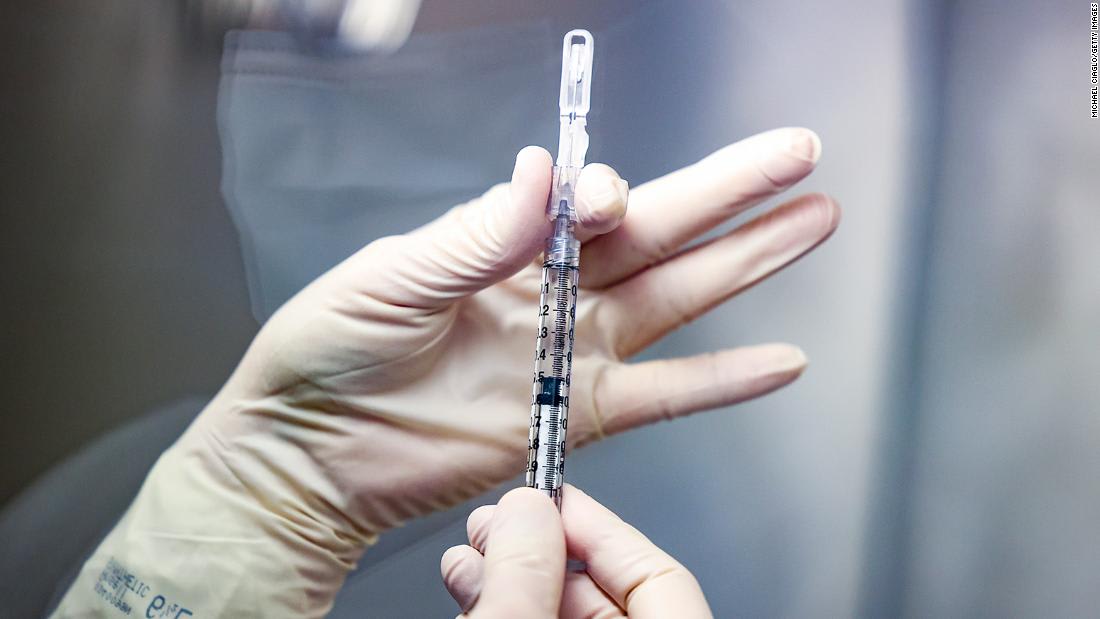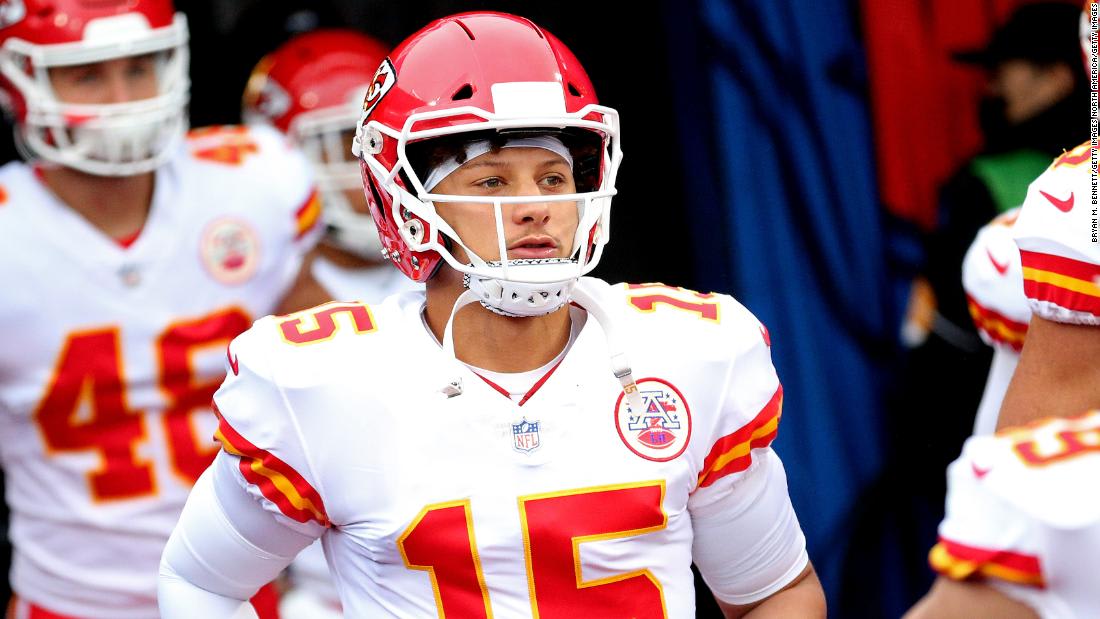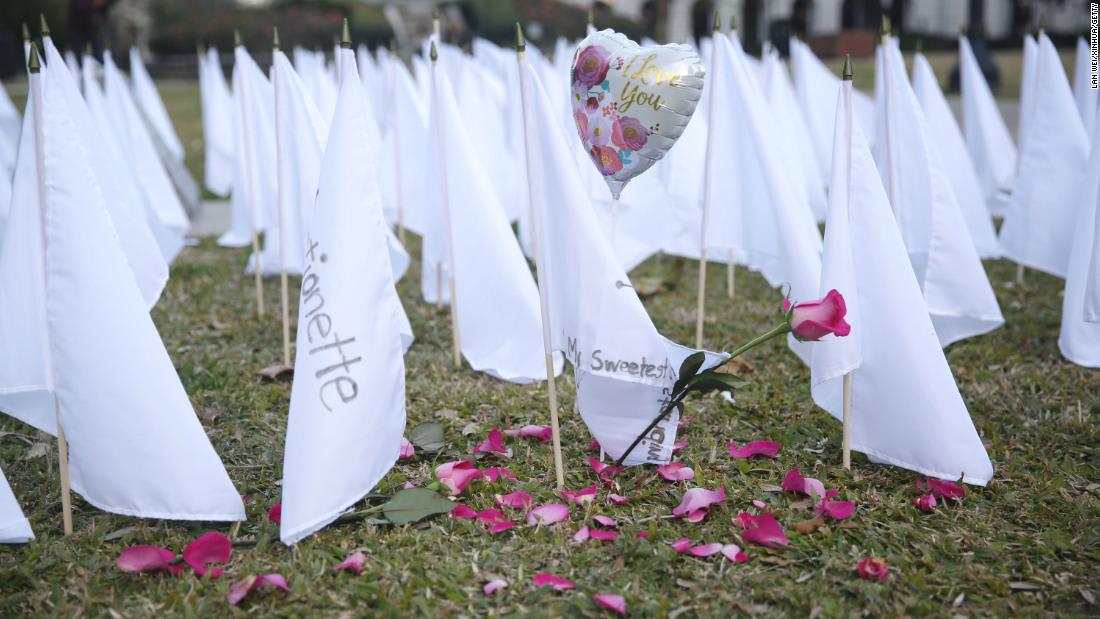An estimated 631,000 Americans will have died from Covid-19 by June 1, according to the latest forecast from the Institute for Health Metrics and Evaluation (IHME) at the University of Washington.
The team behind the influential forecast model said a lot depends on the vaccine rollout and the spread of variants. A worst-case scenario could see the death toll go as high as 703,000.
“The balance between new variant spread and associated increased transmission and the scale-up of vaccination in our most likely scenario suggests continued declines in daily deaths through to June 1,” it said.
As of Thursday night, the US had reported more than 455,000 Covid-19 deaths, according to Johns Hopkins University data.
The IHME cited a poll showing an increase in the number of Americans willing to get vaccinated, from 54% to 66%.
“Daily deaths have peaked and are declining. By June 1, 2021, we project that 123,600 lives will be saved by the projected vaccine rollout,” the IHME said.
How to save more lives: If 95% of Americans wore masks, 44,000 more lives would be saved, the IHME said. Currently, mask use is at about 77%.
And people need to stay put even if they have been vaccinated, the IHME said. If vaccinated people start moving and traveling as normal, 17 states could see rising daily deaths again by April and May.
“The best strategies to manage this period of the pandemic are rapid scale-up of vaccination, continued and expanded mask-wearing, and concerted efforts to avoid rebound mobility in the vaccinated. Some states are lifting mandates rapidly, which poses a real risk of increased transmission as new variants spread and vaccination rates remain comparatively low,” the IHME warned.





